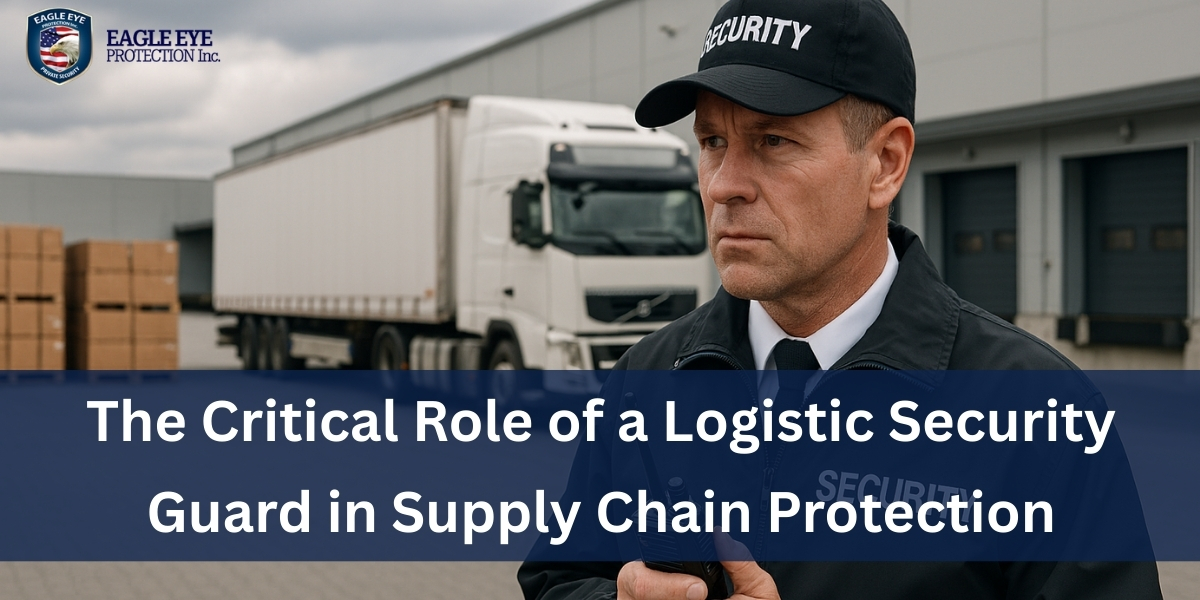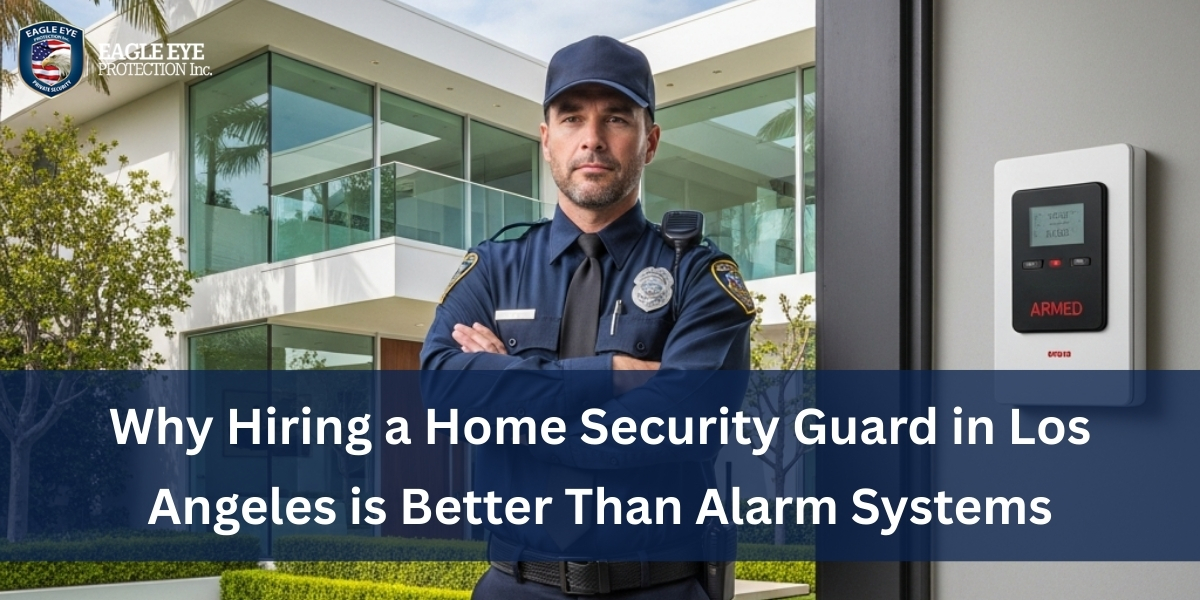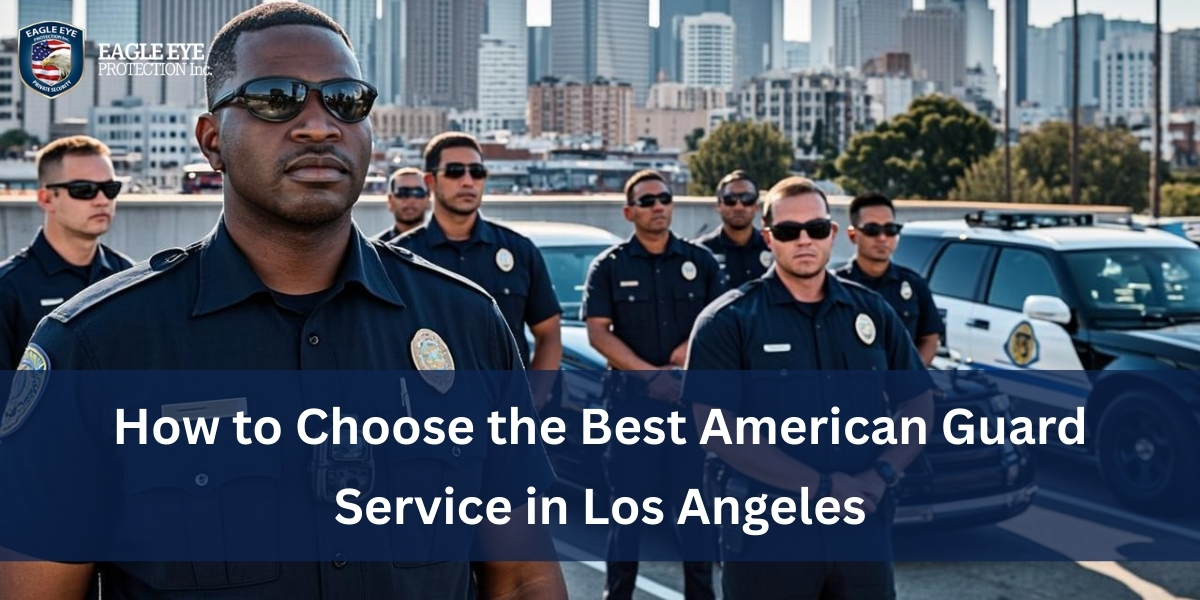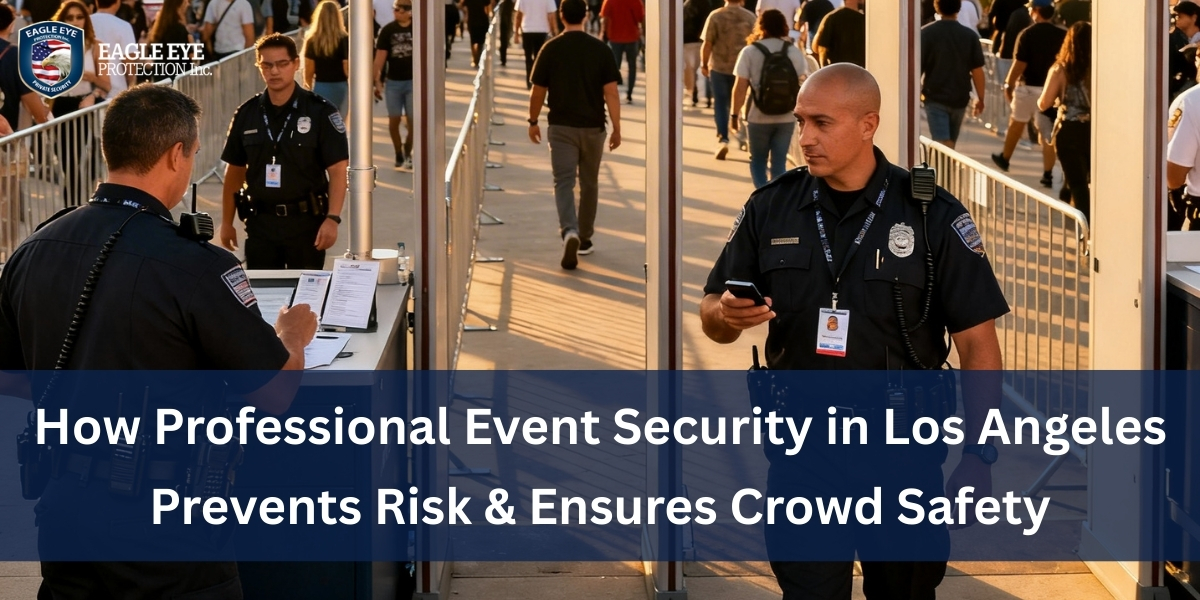Logistics security refers to the protection of the complete supply chain against risks, interruptions, or threats. As the world economy becomes increasingly interconnected, logistics security is an integral part of risk management for businesses.
Businesses that prioritize logistics security can reduce costs. Logistic security guards protect the goods, people, information, and processes that support logistics and transportation. It keeps operations flowing and maintains a level of trust with its customers.
What is logistics security?
Logistics security means the methods and procedures that are used in your supply chain. It identifies, assesses, and mitigates risks presented by external suppliers and vendors.
To prevent disruptions to our supply chains, logistics security incorporates security protocols that ensure the integrity of our supply chain.
These include physical security measures, such as fencing and CCTV, as well as background checks for employees. It protects your business from criminal activities and cybersecurity threats. It also protects the movement of your goods through your supply chain.
The Importance of Logistics Security
Logistics security matters because it determines the smooth flow of goods and services. When there are no effective security measures, businesses are vulnerable to thieves or cyberattacks. The objective of logistics security is to protect assets. It minimizes operational costs and complies with regulations in industry standards. As logistics become more complex, advanced strategies for logistics security are necessary.
How is logistics security executed?
Logistics procedures start with the appropriate training of employees and a detailed plan for tracking goods. The logistics process includes physical and cyber security elements. It provides a safe and secure flow of goods to the end customer.
The security elements may include incident response plans, security guards, and intrusion detection systems. It comprises even more advanced protection like CCTV, RFID, and encryption.
Logistics Security Threats
There are many ways logistics operations can be compromised. The following lists describe some of the more common threats:
1. Theft/Pilferage
Goods in transit can be easy targets for theft, and there is an increased opportunity for theft, especially with high-value goods. Security seals or devices and in-vehicle tracking assist in lowering this risk.
2. Cybersecurity Threats
Cybersecurity risks and attacks are increasing as logistics operations leverage more digital processes. Hackers or cybercriminals may target valuable customer data.
3. Interruptions
Several factors, including natural disasters, geopolitical events, or pandemics, can cause supply chain interruptions. Addressing these events can result in significant inefficiencies or supply chain delays. It causes a substantial loss of revenue for your business. In this case, business continuity plans can stem the future losses.
4. Unauthorized Access
Warehouses and distribution centers must have proper security against unauthorized access. The use of simplified security access control systems can achieve this.
Key Duties of Security Guards in the Logistics Field
The general duty of a logistics security guard is to provide businesses with an extra layer of protection. However, security guards have various duties and responsibilities to fulfill. We will address what logistics security guards do:
Assessment of Risk
Logistics security guards first assess risks in the supply chain. They look at the cargo being transported and the route of travel. They also check the method of transport and any security related to cargo.
Security Plans
Next, the security officers will develop security plans based on their assessment. The security plans include tracking devices of cargo in transit, as well as response procedures.
Surveillance and Monitoring
Logistics security officers perform various types of surveillance on shipments. Depending on their employers’ needs, security officers use video cameras, GPS technology, and cargo tracking. They also check the number of other monitoring processes when dealing with shipments.
Physical Security
The priority is physically securing the warehouses, storage facilities, and vehicles. A logistics security guard controls who has access to certain buildings. The security personnel prevent unauthorized entry or theft of assets.
Security Training
Security personnel may raise awareness among their staff to train them on the mechanisms. They design the process to teach staff how to manage security in their workplace. This can include training staff in handling processes. It also describes what constitutes a security threat or risk. It teaches staff where and when to implement emergency procedures.
Collaboration and Coordination
Logistics security guards rely on the organization, the shipping companies, and the carriers.
It is a reliable partner and maintains a two-way communication stream to address security issues.
Conclusion
Logistics security is essential to preserving supply chains against a variety of risks. Logistics security has several physical components, complemented by technology and trained employees. They have several security techniques that increase the security of the supply chain.
Eagle Eye Pro provides additional technology that enhances its logistics security activities, such as GPS tracking and artificial intelligence. Logistics security ensures that security has been achieved. It maintains an asset’s confidence with customers in its services. Our top security company in Los Angeles also contributes to operational and financial success.



